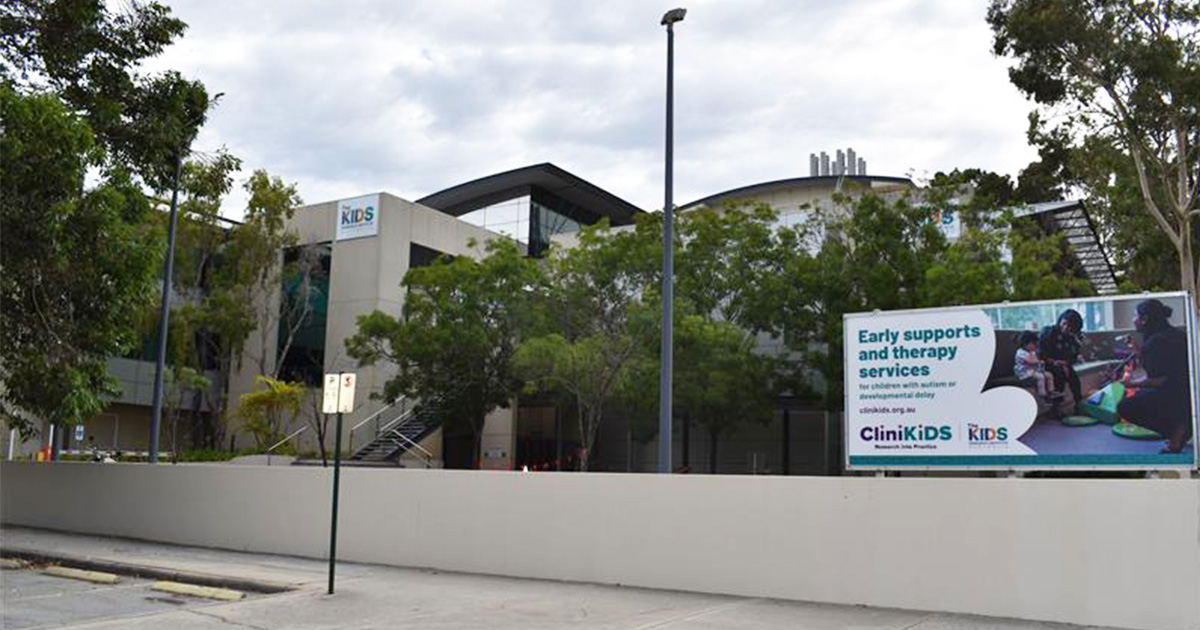Search


CliniKids has clinics in Subiaco and in Joondalup
Find out more about Paediatric Occupational Therapy services at CliniKids.

CliniKids runs training in a range of areas for clinicians and autism professionals in addition to workshops for parents, caregivers and families.
CliniKids is putting the ‘evidence’ in evidence-based practice by providing families access to the best scientific-backed therapies as quickly as possible so that all autistic children have the chance to reach their full potential.

Find out more about Paediatric Autism Communication Therapy training for allied health and autism professionals at CliniKids.

Learn more about the TOTS Study at CliniKids
Learn more about the LAMP Study at CliniKids

News & Events
Reading between the lines: making book sharing funIn this blog, Speech Pathologist Genevieve Wilmot discusses the many benefits of book sharing and how it can promote connection and social and communication development.

News & Events
Dressing - Steps to building independenceIn this blog, Occupational Therapist Tarryn Culverhouse provides some tips to help your child increase their independence in dressing.
